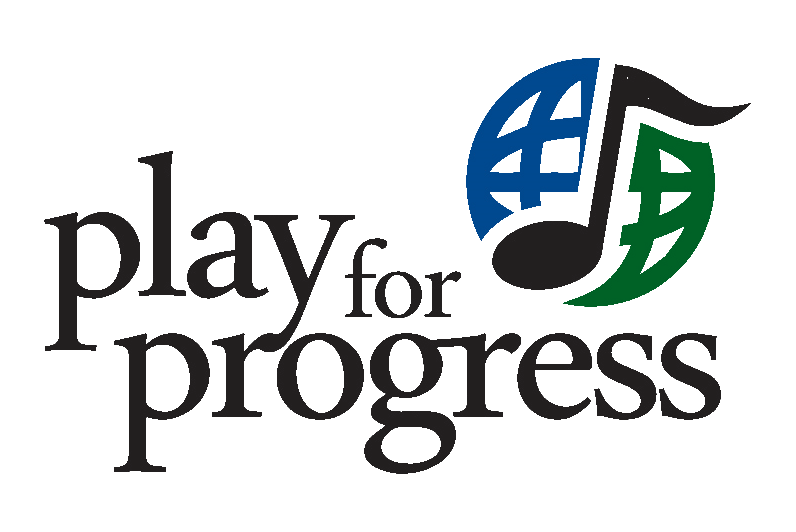A Thought Piece
I’ve been a Music Tutor at PFP for just under two years and I love love love it. I remember at my very first trial session being blown away by a young Romanian girl playing a slow, controlled G major scale on the cello to an attentive and respectful audience of about 40 young refugees. What struck me was, go into any school of 40 teenagers asked to listen respectfully to one student and I bet you there will be anything but silence. But here, everybody was so committed to that young girl’s progress, wanting to share with her the magic of that performance. There was a huge unspoken desire to give and be given time and attention, to feel worthy and be applauded for simply being and doing. It was that hunger to be valued, manifesting in such a beautiful way, which struck me and made me see immediately how empowering PFP’s weekly music sessions must be.
Take that empowerment, couple it with advocacy, English lessons, drama sessions run by drama therapists to explore topics that come up in the teenager’s day-to-day life, a space to doodle and draw, therapy sessions and a solid team of kind and caring adults there to advise, learn from and laugh with – and you can see how Play For Progress is a family which provides support in all the crucial areas of these teenagers’ development. Being a teenager alone is enough of a confusing, hormonal mass of mixed up feelings without the pressures of dealing with your Asylum status, language barriers, the pain of being forced out of your home that you carry with you. With the loving safety net and support structure PFP provides, we are giving these teenagers a safe space to explore that teenaged part of themselves and be like any other human, to have some joy, learning, laughter in a shared safe space.
Seeing the magic of PFP working is when a shy traumatised person arrives in our classroom and week by week you see them unfurl from their shell, try new things, gradually gain confidence and hold themselves in a new light. It is such a beautiful process to watch, and a true testament to the excellent flexible structure of PFP, adapting to meet every need brought to us by a young person.
One thing Play For Progress does so well is to create a healthy environment all the way through its layers as an organic, evolving organisation. As a staff member, we have regular reflection sessions and training days. At our most recent training day we came up with a beautiful metaphor of a garden to represent how a young person is nourished through attending PFP sessions…
OUR GARDEN
Every seed has a tree or a beautiful flower inside already.
Natural cycles, with a little help from the gardener, create all the right conditions for this seed to grow and blossom.
Soil provides a resting bed, full of nutrients and a place for roots to settle.
Sunlight and water will fall regularly to feed and encourage the seed to emerge. Some days will be cloudy, some days there will be no rain.
A stick so the plant can lean on something as it grows strong enough to take its own weight.
Nearby plants, flowers and trees act as a goal for the growing seed, a reassuring wisdom and presence.
And each year the seasons repeat and the growing plants find a comfort in the cyclical repetition, helping its overall growth with each new year to come.
As our garden grows and becomes more detailed over time, PFP evolves and branches out into different departments. It constantly adapts to the changing needs of the young people, developing areas that emerged naturally. In how management run PFP, it is a living, breathing organism and is treated and respected as such. I’ve never felt so looked after and valued in an organisation, and I really believe other companies could learn a thing or two from how it is run. Just as for the young people PFP becomes a second family for them, so has it become that for me – definitely something brilliant and special going on here and I hope the PFP love and model spreads far and wide!
